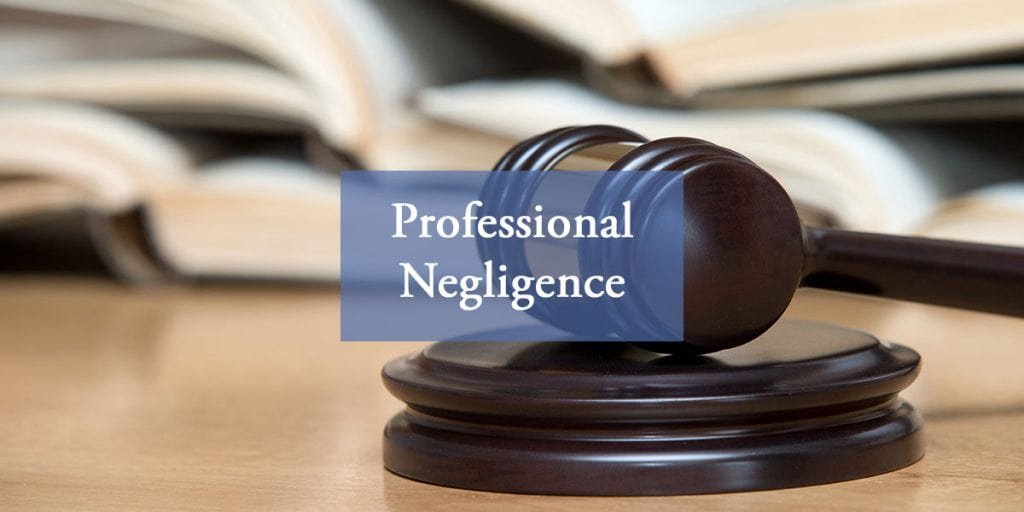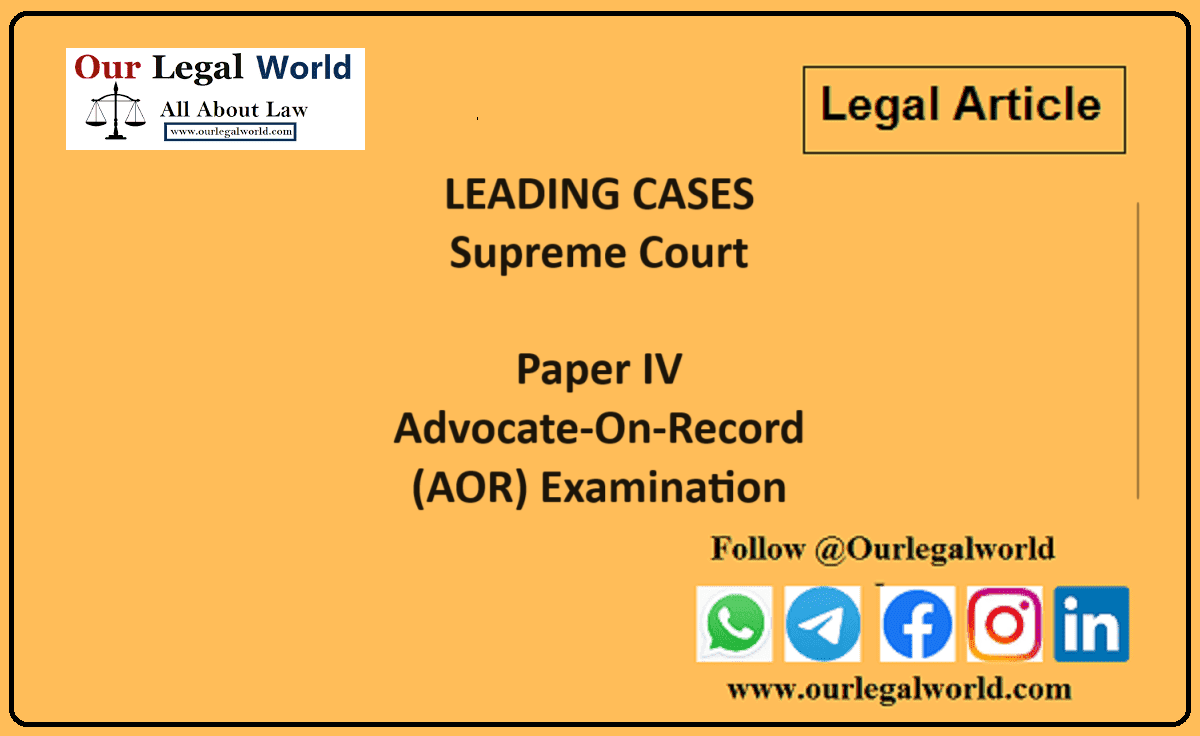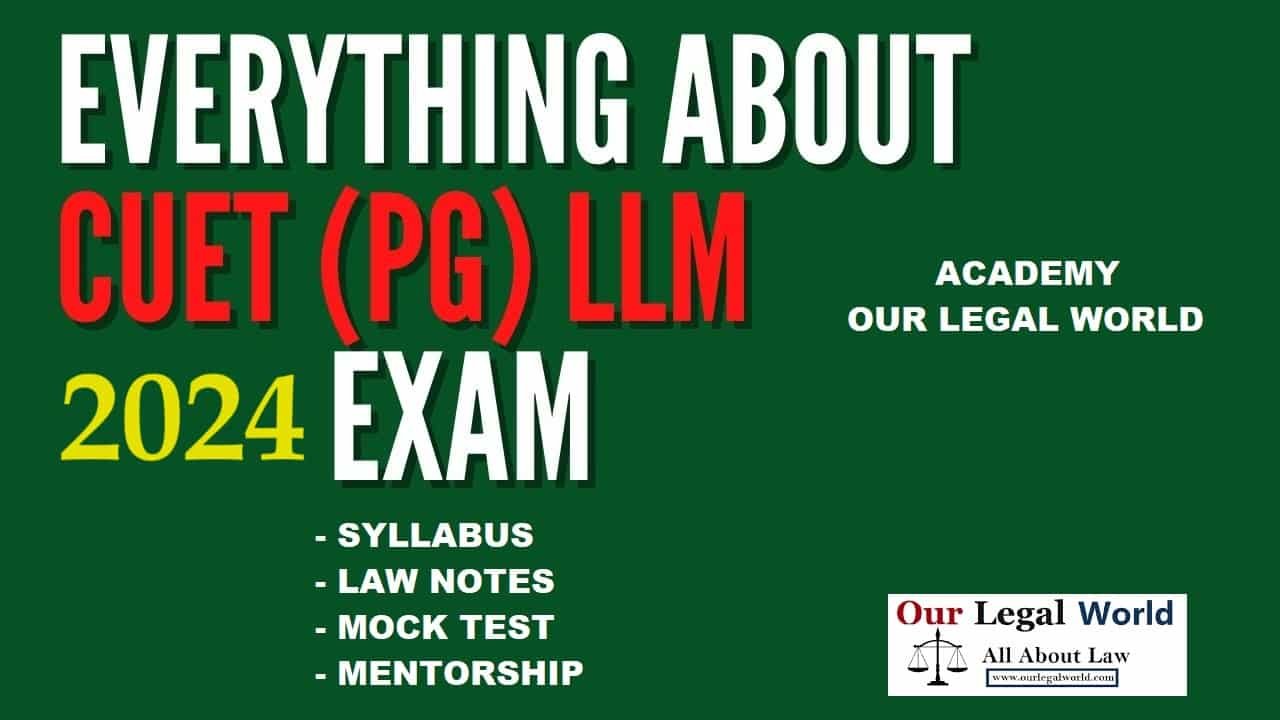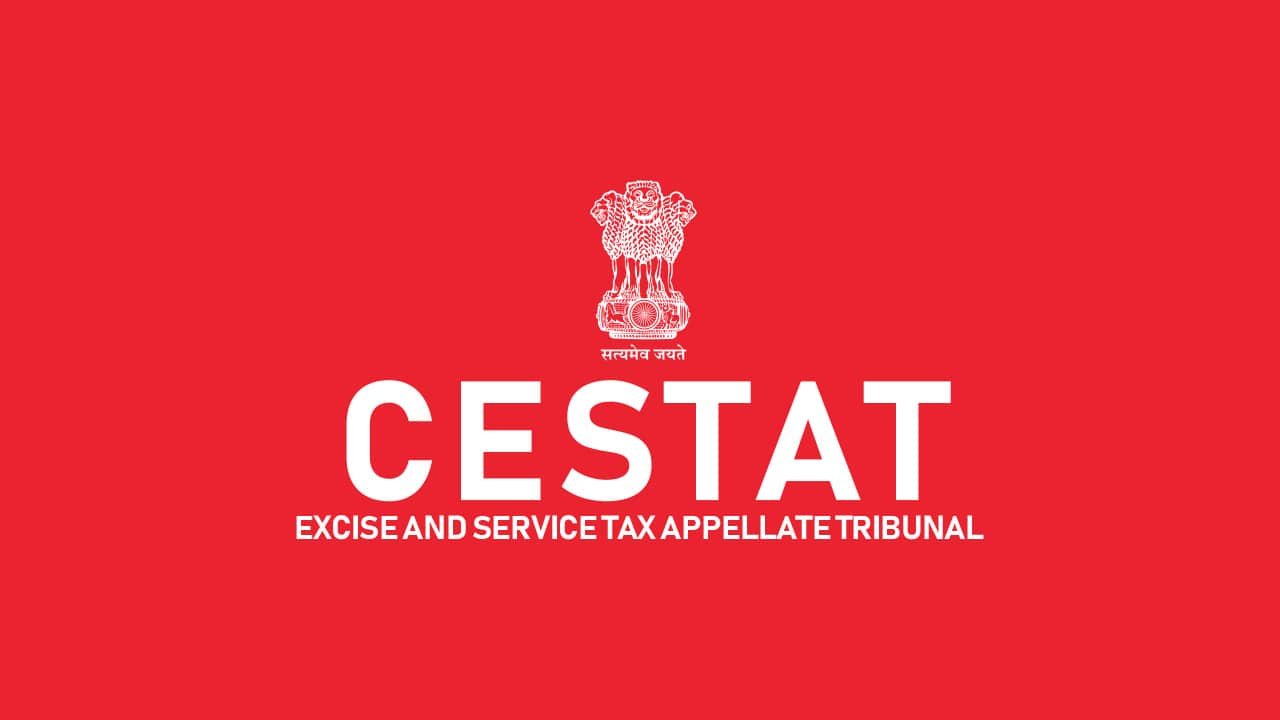Medical and professional negligence : Law of Torts
INTRODUCTION
A professional is considered to be a specialist in that field; a patient seeking treatment under any doctor would certainly expect recovery and at least expect the doctor to be careful when performing his duties. Medical negligence results in high numbers of death and severe consequence for the patient. This article focuses on describing negligence under various laws, professional negligence, medical negligence, and landmark, as well as recent cases in India. This provides details about the responsibility that the victim of medical malpractice will incur. To build as much awareness as possible, it aims to provide information about the topic.
MEDICAL NEGLIGENCE
Medical negligence is any misconduct or carelessness on the part of medical professionals say doctors for not providing proper care, which results in the breach of their duties and results in inconsequential damages.
No doctor knows everything. There’s a reason why it’s called “practicing” medicine.
It is natural to mistake. While patients see the doctors as God and believe their illness will be healed and the medication will heal them, often even the doctors make errors that can, in many cases, cost the patients a great deal. Sometimes the mistakes are so severe a patient will suffer immensely. Being in such a profession where your patients are sick, ill, and patient look upon you as the Almighty, an incredible amount of care is required. This form of error is called negligence. If a restaurant owner can be sued for selling low-quality food, then a doctor can be sued for offering treatment and care of poor quality.
Mistakes or incompetence in the medical profession can lead to minor injuries or other severe kinds of accidents, and sometimes even death can result from these mistakes. Because no man in this world is perfect, it is clear that a person who is qualified and has knowledge of a specific subject may also make mistakes during his practice. To mistake is natural, but to repeat the same fault is incompetence because of one’s carelessness. The underlying explanation for medical error or medical negligence is the carelessness of the said doctors or medical practitioners, which can be seen in various cases where due reck is not taken during diagnosis, during surgery, and often during injection, anesthesia, etc.
For instance, after a patient’s major surgery, he is likely to become infected with several diseases due to some cause that may include blood loss, fatigue, high dose of medicines. In due course, the doctor is required to provide standard treatment for such infectious diseases with premedication. When a doctor refuses to do so when a patient suffers from any infection, which in extreme cases can cause serious damage or even death, the doctor is said to have committed medical negligence or malpractice.
PROFESSIONAL NEGLIGENCE
Professionals are individuals who profess any special skill or work, who are specially trained to profess in that field and bear the responsibility of professing with due care. The Supreme Court in Jacob Mathew v. State of Punjab[1]
A practitioner joining a specific profession shall be deemed to have knowledge of that discipline, and it shall be guaranteed, inferred by him, that a fair amount of caution shall be taken in professing his discipline. The person may be held responsible for negligence if he did not have the requisite professional qualifications, or he failed to take an appropriate amount of care to profess the said occupation. The law nowhere states that if a specialist fails to carry out his or her training, a specialist shall take due care and possess expertise in comparison with any practitioner in the same field. Certainly, the skills of different professionals vary from each other even though they work in the same area, but what is needed is for a specialist to have knowledge of new technologies, innovations, and improvements in his field in order to provide critical care to his profession’s consumers. The failure to comply with amounts to the legal responsibility for professional negligence.
Jagdish Ram &ors v. State of Himachal Pradesh[2].
In this case, the Apex court has held that professionals such as lawyers, doctors, architects, and others are included in the category of those individuals who are particularly skilled and trained in their respective fields in the negligence law. Any task or job requiring specialist skills is included in a profession. Every person joining a career of any branch needs a certain degree of knowledge of that particular branch to be considered as a professional, and it is required that he should exercise his work with due care. He assures his clients that with proper care and caution will exercise his job, but he does not offer any guarantee of the outcome.
ESSENTIALS
Doctor’s duty to attend the patient with care
Medicine is such a discipline that a practitioner is expected to have the requisite experience and expertise required for the task and is obliged to exercise a fair duty of care when dealing with the patient. The quality of treatment is defined by the essence of the profession. The level of an average professional in that field will decide a surgeon or anesthetist whereas in case a higher skill is needed.
Also Read: VICARIOUS LIABILITY: CONCEPT : Our Legal World
If the doctor or a physician refuses to treat a patient admitted in an emergency or under his supervision, and the patient dies or is a victim of complications that the doctor might have prevented with due care, the doctor could be held responsible for medical negligence. This was held in Sishir Rajan Saha V. The state of Tripura[3]
Where the physician has not paid adequate attention to the patients in government hospitals as a consequence of which the patient dies, the physician may be held responsible for paying compensation. However, the doctor’s fault can not be used now and then, and he can not be held liable just because something went wrong. A very high degree of negligence was needed to show to resolve the liability. A physician or medical practitioner owe the following duties while treating there patients, is given as under:
- Duty of care, whether to take that case or not.
- Deciding what treatment to give.
- Duty of care in administrating the treatment.
Doctors acting in a negligent manner.
It is well known that the concept of the res ipso loquitur will be implemented in cases of gross medical negligence. This is claimed that the res ipso loquitur principle is basically an evidentiary principle and that principle is meant to assist the claimant, res ipso loquitur means things speak for themselves; when deciding on the doctor’s responsibility, it must be well known that the error pointed out should be a violation with due care that an ordinary practitioner should have held.
Gian Chand v. Vinod Kumar Sharma[4]
It was held that despite the need for urgent care to be provided to the patient resulting in harm to the health of the patient, the patient’s doctor or hospital administrator was held responsible for negligence.
Jagdish Ram v. State of Himachal Pradesh[5]
It was held that the chart providing details on the amount of anesthesia ad allergies of the patient should be listed before any operation so that an anesthetist can supply the patient with sufficient amounts of medicines. In the latter example, the doctor failed to do so, and the patient died from an overdose of anesthesia, and the doctor was held responsible for the same.
LIABILITY
The person who commits the wrong may be held responsible for three forms depending on the damage or harm caused by the person they are –
- Civil Liability
- Criminal Liability
- Other Liability
- Civil Liability
Civil liability typically requires lawsuits in the form of insurance for damages sustained. Whether there is some violation of the duty of care during the procedure or when the patient is under the supervision of the doctor or the medical practitioner, they are held responsible for any wrongdoing. They are liable in the form of insurance for the damages. Often senior doctors are also held vicariously accountable for the wrongs the junior doctors have done. If anyone is a hospital employee, the hospital is liable if that employee damages a patient by behaving incompetently.
M Ramesh Reddy v. State of Andhra Pradesh[6]
The hospital authorities were found to be negligent, inter alia, in not keeping the bathroom clean, which resulted in the patient falling into the bathroom leading to her death. The hospital was charged a compensation of Rs. 1 Lac.
2. Criminal Liability
There may be an instance when the patient died after the treatment, and a criminal case under section 304A of the Indian Penal Code is filed for allegedly causing death by the reckless or careless act. According to S. 304A of the IPC, whoever causes the death of any person by an act of rash or negligence not amounting to homicide shall be punished with imprisonment for up to two years or with a fine or both. Hospitals may be charged with negligence in transmitting infection, like HIV, HBsAg, etc., if any patient develops such infection in the course of hospital treatment and it is found that the same has occurred due to failure on the part of the hospital, then the hospital may be held responsible for lack of fair duty to care.
3. Other Liability
In Dr. Suresh Gupta v. NCT of Delhi[7]
The Indian Supreme Court held that the legal situation was very simple and well settled that if a patient died due to medical negligence, the practitioner was responsible for paying the compensation in civil law. Just when the negligence has been so serious, and his conduct has become as reckless as endangering the patient’s life does it enforce criminal law for the crime under section 304A of the Indian Penal Code 1860. Sections 52, 80, 81, 83, 88, 90, 91, 92 304-A, 337, and 338 provide for the law on medical misconduct in India.
Owing to the landmark case of the Consumer Protection Act 1986, the conduct of medical malpractice was brought in Indian Medical Association v. V. P. Shantha & others[8],
The judgment, in this case, described medical care as a “service” protected by the Act, and also explained that if certain conditions were met, a person seeking medical attention might be considered a customer
1. The service was not available free of charge or for a nominal registration fee;
2. If free, the payments were suspended due to the patient’s inability to pay;
3. The operation was in a private hospital chargeable to all patients; or
4. Any service provided by an insurance provider was paid for.
CONCLUSION
With the number of cases in India and the world at large, it is becoming a major concern that the remedies should either be issued under the tort law and the Consumer Protection Act of 1986 or that the time has come to enact legislation to remedy patients who have suffered seriously due to negligence on the part of doctors or medical authorities. Here are patients who have suffered from neglect but who have not lodged a complaint either because of their own ignorance or because of lengthy proceedings etc. Not only this, but many doctors also give the patients medicines that are too strong. It can affect both their brains and their bodies. Typically speaking, these treatment deficiencies rarely get to the limelight. This should be handled with caution. A doctor should be responsible for the various compositions of the drugs that he prescribes. It is now time for a platform to be formed to provide these patients with the remedies easily. Yet that wouldn’t be done by itself. It is important to enforce it in its full swing by making the ways simpler and promoting it so that people are aware of their rights.
But definitely, the laws and regulations should not be made so strict that the doctor’s right to treat the patients is stripped away entirely. A doctor should be granted the right to treat his patients in a liberal manner and not in terror, and to find alternative ways to treat them. It can not be denied that physicians do play a significant role in bringing joy to many lives.
REFERENCE
- [1] (2005) 6 SCC 1.
- [2] 2008 ACJ 433.
- [3] AIR 2002 Gau 102.
- [4] AIR 2008 HP 97.
- [5] 2008 ACJ 433.
- [6] 2003 (1) CLD 81.
- [7] AIR 2004 SC 4091.
- [8] 1996 AIR 550.
- https://blog.ipleaders.in/medical-negligence-2/
- https://https://www.legalserviceindia.com/
- https://www.financialexpress.com/archive/interest-can-be-claimed-on-interest-due-on-refund-but-not-paid-sc/49582/








